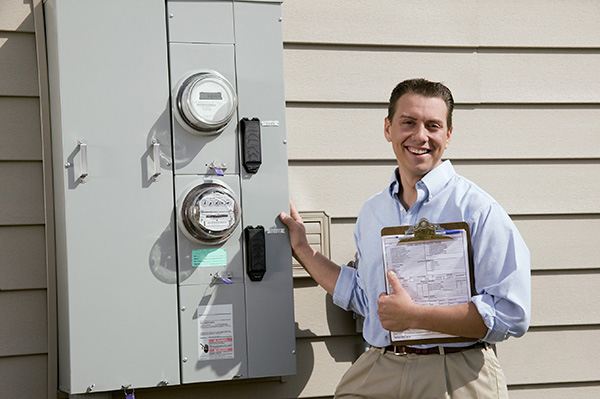
Ready to Work in the Solar Industry?
The solar industry continues to grow, as more and more Americans choose to leverage the rays of the sun to bring power into their homes and businesses. And with financial incentives available at both the state and federal levels (in many cases), together with the greater affordability of solar panels, the weight of the economic impact gets more manageable for consumers every year.
Given all of these upward trends, you can bet that plenty of jobs are be available in the solar industry, and will continue to be, well into the future. In order to position yourself as the most attractive candidate for those jobs, it’s important to first do your research on what kind of education and training you’ll need. Here, we take a look at five solar industry jobs, and the kind of experience and education you’ll need to compete for them.
Becoming a Certified Energy Practitioner
Already working in the electrical trade, but you aren’t yet involved with PV or Solar Thermal as part of your work? You can change that fairly easily when you participate in a training program that includes certification from the North American Board of Certified Energy Practitioners (NABCEP). The organization provides students with an assessment of basic knowledge, certification at the professional level, as well as “company accreditation programs to renewable energy professionals” all over the country.
If you want to broaden your skill set and your business’s offerings to include solar and renewable energy implementation, NABCEP is a great first step, as they offer PV Technical Sales Certifications to get you started. Their website includes information on becoming certified in the field, continuing your solar education, company accreditation, and career opportunities in the solar energy industry, too.
Limited Renewable Energy Technician
The license required to become a Limited Renewable Energy Technician (LRT) is actually just an electrician’s license with special training. These types of electricians are trained in the installation of renewable energy systems such as fuel cells, and solar electric systems. While requirements may differ slightly from state to state, most areas will require participants in the program to complete both on the job training, as well as special education courses.
In the state of Oregon, for example, where the solar economy is flourishing, LRTs complete 4,000 hours in a specialty electrician program. If the apprentice is already engage in full-time work, the program can be completed in just two years. Further information on Oregon’s requirements for technical certification can be found here.
Solar Heating and Cooling Installer
To become certified as a solar heating and cooling installer, a person must hold a special permit that is typically controlled by the state. Once a permit has been granted, the holder can perform installations and replacements of solar heating and cooling systems. In many areas, there is a written examination, together with a range of prerequisites such as on-the-job experience. Beyond certification, most states require continuing education in the field.
Energy Auditor
As with other related professions in the field, one must participate and successfully pass a program to become a Certified Energy Auditor. Auditors in the field are essentially consultants who work to help consumers improve the energy efficiency of their homes and buildings. CEA Certification involves an examination, but in order to qualify to take the test, participants must fit the eligibility requirements, all of which demand some combination of educational degree and hands-on experience in the field.
Solar or PV Engineer and Designer
Engineers who work exclusively in the solar industry represent the design brains behind solar installations on a grand scale. If you’ve seen a photograph of a large-scale solar farm, with complex infrastructure and hundreds of solar panels mounted on the ground, then you’ve seen the work of a solar engineer and designer. Engineering positions in the solar field require a four-year degree in a field like electrical engineering, as well as working knowledge of computer-aided drafting software.
Going Beyond Technical Certification
Beyond all of the research that’s available to you online, there is a wealth of working professionals in the solar industry, each of whom might make an ideal starting point in your career search. Try to find people who are already working in the part of the solar industry that you’re interested in. Ask questions about how they got into their job, what you need to know to get there, and what they might have done differently, in case there are short cuts to take or obstacles that you can avoid. Many counties and cities also offer free or low-cost workshops that can also guide you in your job search.
[Photo Credit: Lowe's]
Start making more
money today!
Search Categories
Tags
Tag Cloud
Latest from Twitter
Contact Us
Call us at 310-540-8900 or fill out the form below and we’ll tell you how you can get high quality leads for free*.
* Get up to 10% free leads on your first order!